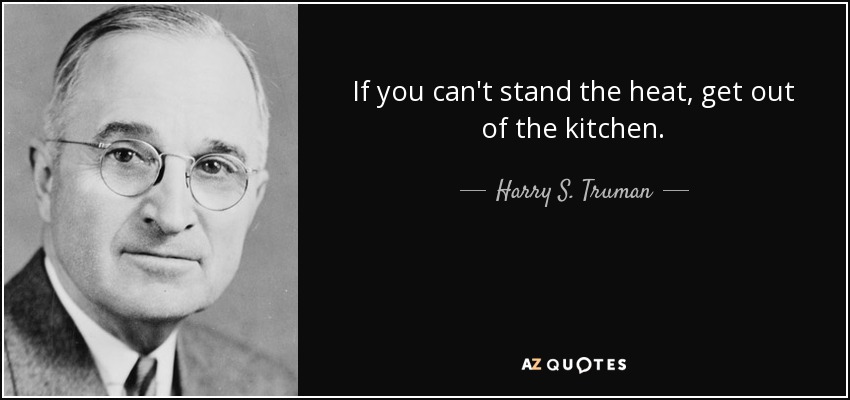Click here to return to Blog Post Intro
It takes a leader to create momentum. Harry Truman once said, “If you can’t stand the heat, get out of the kitchen.” For leaders, that statement should be changed to read, “If you can’t make some heat, get out of the kitchen.”
All leaders face the challenge of creating change in an organization. Without momentum, even the simplest tasks can seem insurmountable. But with momentum on your side, the future looks bright, obstacles appear small, and trouble seems temporary.
The time of transition from one leader to another presents the most critical challenge to continuing momentum. How did Solomon successfully take the reins from his father?
1. He started with what David provided.
Solomon’s father gave him everything he needed to start his reign: a stable kingdom, plentiful resources, wise counsel, and his public endorsement. David made it clear to everyone in Israel that he had chosen Solomon as king.

2. He humbly asked for leadership wisdom above all else.
Solomon was probably 18 years old when he became king. Despite his youth, he recognized the difficulties of leadership. He knew he needed wisdom above all else, so he asked for an understanding heart to judge God’s people.
3. He made wise decisions that won him credibility.
Solomon made several right decisions concerning enemies to his throne. He exiled one, executed two others, and put a fourth under house arrest. But even more importantly, he cemented his credibility with the people. “All Israel heard of the judgment which the king had rendered; and they feared the king” (1 Kings 3:28).
4. He maintained the peace.
Solomon’s bold moves against enemies within Israel maintained peace at home, preventing a bloody civil war. In addition, he wisely took additional measures to keep other nations from threatening his country—and “he had peace on every side all around him” (1 Kings 4:24).
5. He surrounded himself with wise associates.
Like David, Solomon had a great inner circle. He kept a few of David’s trusted servants as his own, but not many. Most of them he nurtured himself.
What It Takes to Sustain Momentum
How does a winning team keep winning? It takes a leader to sustain momentum, a leader who possesses…
1. A willingness to accept responsibility for the team’s momentum.
Most leaders are happy to accept responsibility as long as the team succeeds, but hedge when the team starts to slip. Yet momentum—positive, negative, or non-existent—is always the leader’s responsibility.
2. A willingness to direct momentum instead of letting it direct you.
Momentum always has a direction. For most people, momentum carries them. But leaders cannot afford to surf momentum; they must steer it. Before Solomon became king, David created strong military momentum for Israel. Solomon never led an army; his goals weren’t military in nature. He gave most of his attention to trade and construction—and that meant he had to lead the nation to a new kind of momentum…one that matched his strengths…
3. A willingness to be enthusiastic at all times.
Remain positive! Reflect on the following secrets to keeping leadership positive:
- The work I’m doing is important. Make sure your vision, your mission, and your actions all line up. It’s easier to stay excited when you’re doing what really matters.
- The people I work with are All-Stars. Place a high value on everyone you work with. Right now, Tanner is playing on the 8 year-old All-Star team. Every player is capable of throwing and catching the ball, which wasn’t always true of his regular season team! Expect the best of your team members, and they’ll give their best. Maxwell likes to say, “Put an A on their forehead,” so you treat everyone like A-players (or All-Stars)!
- The results will be positive. For the most part, you get what you expect. Only occasionally will you be surprised—but even then, you’ll just as often be surprised by better results than worse ones.

No leader can ignore the impact of momentum. If you’ve got it, you and your people will be able to accomplish things you never thought possible. As the leader, you must make the choice to have it.

